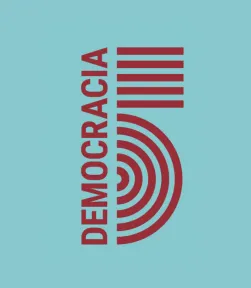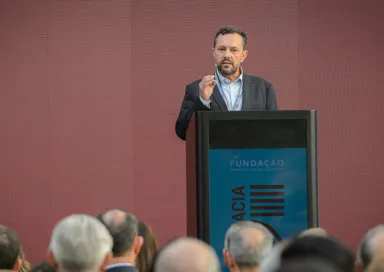How did average life expectancy increase so much in Portugal in the last 50 years? The improvements in labour conditions and income, as well as the democratisation of housing with running water and basic sanitation partly explain these changes.
These social conditions, along with the set-up of the National Health Service (SNS) in 1979, and joining the EEC in 1986, changed the standard of living and health conditions in Portugal. Proof of this is the sharp decline in infant mortality, a parameter where Portugal quickly overtook a large number of more prosperous and more developed countries in the world.
Despite this and other progress made, there is one illness that is still in first place in causes of death – diseases of the circulatory system, namely thrombosis and strokes. Why?
In this documentary, we find some of the reasons for these results – the main one being the fact that Portugal is the champion of physical inactivity and sedentary lifestyles in Europe. But other problems add to the general state of health of the Portuguese: the country has the highest consumption of antidepressants in the European Union and the highest percentage of people with mental health disorders – 22% versus the EU average of 16.7%, according to the 2023 OECD report.
9

Portugal has changed drastically over the last 50 years. Almost five decades on, what profound changes have taken place in the country? And what lessons should we learn to improve the future?
The Foundation has an extensive program to reflect on what has changed and what measures still need to be implemented to improve national democracy.
The programme begins at the Carmo Barracks where the regime fell – with the event "Five decades of democracy, what has changed?" – and extends to more debates, a series of eight mini-documentaries, documentaries, publications and studies, which will allow us to think about and build the collective future.













